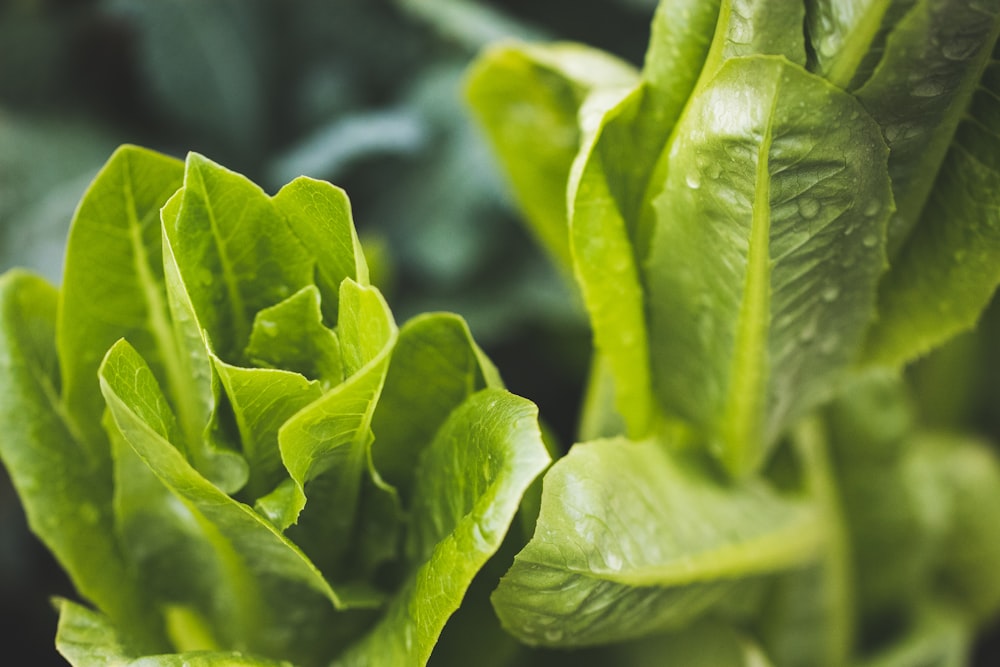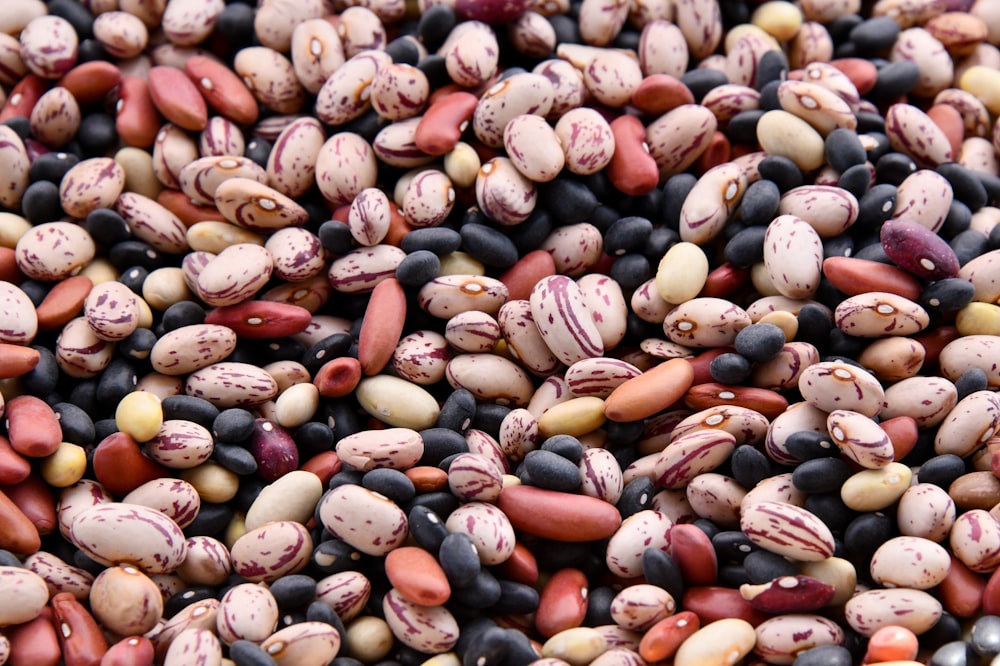In terms of nutrition, there is no such thing as a superfood. For marketing purposes, the term was coined to influence culinary trends and sell products. The food industry ascribes the term “superfood” to nutrient-dense foods that are believed to positively impact health.
Despite the fact that many foods could be considered super, it is essential to realize that there is no singular food that holds the key to good health or disease prevention. Since the term “superfood” does not appear to be going away anytime soon, it may be worthwhile to examine some healthful options in greater detail.
Here are 16 foods that may merit the prestigious superfood label.
1. Dark Leafy Greens

The nutrients folate, zinc, calcium, iron, magnesium, vitamin C, and fiber are particularly abundant in dark green leafy vegetables.
The potential to reduce the risk of chronic diseases, such as heart disease and type 2 diabetes (1Reliable Source; 2Reliable Source)
In addition, they contain high concentrations of anti-inflammatory compounds called carotenoids, which may protect against certain types of cancer (3Reliable Sources).
These are some well-known:
- Kale
- Swiss spinach
- Collard greens
- Turnip greens
- Spinach
- Some have a bitter flavor that not everyone appreciates. You may incorporate them into your beloved soups, salads, smoothies, stir-fries, and curries.
Dark green verdant vegetables are rich in fiber and nutrients that may aid in the prevention of certain chronic diseases.
2. Berries

Berries are a nutritional dynamo, packed with vitamins, minerals, fiber, and antioxidants.
The high antioxidant capacity of berries is associated with a decreased risk of cardiovascular disease, cancer, and other inflammatory conditions (4, 5).
Berries may also be effective in the treatment of various digestive and immune-related disorders when used in conjunction with conventional medical treatments (6Reliable Sources).
These are some of the most prevalent berries:
- Raspberries
- Strawberries
- Blueberries
- Blackberries
- Cranberries
- Whether you consume them for breakfast, as a dessert, on a salad, or in a smoothie, berries’ health advantages are as diverse as their culinary applications.
SUMMARY Berries are rich in nutrients and antioxidants, which may help prevent certain diseases and enhance digestion.
Green Tea

Green tea, which originated in China, is a mildly caffeinated beverage with a variety of medicinal properties.
Green tea is loaded with antioxidants and polyphenolic compounds with potent anti-inflammatory properties. EGCG, or catechin epigallocatechin gallate, is one of the most abundant antioxidants found in green tea.
EGCG is likely responsible for green tea’s evident ability to protect against chronic diseases, such as heart disease, diabetes, and cancer (7, 8).
In addition, research suggests that the combination of catechins and caffeine in green tea may make it an effective weight loss aid for some individuals (9Reliable Sources).
SUMMARY
Green tea is abundant in antioxidants and has numerous health benefits, including the possible prevention of cancer.
3. Eggs

Due to their high cholesterol content, eggs have historically been a controversial topic in the nutrition world, but they remain one of the healthiest foods.
Many nutrients, including B vitamins, choline, selenium, vitamin A, iron, and phosphorus, are abundant in whole eggs.
In addition, they are packed with high-quality protein.
Eggs contain two powerful antioxidants known to protect vision and eye health: zeaxanthin and lutein (10Trusted Sources, 11Trusted Sources).
Despite concerns regarding egg consumption and high cholesterol, research indicates that consuming 6–12 eggs per week does not increase the risk of heart disease or diabetes (12Reliable Sources).
In fact, consuming eggs may increase “good” HDL cholesterol in some individuals, which may reduce their risk of heart disease. To reach a definitive conclusion, additional research is necessary (13Trustworthy Sources).
Eggs are abundant in high-quality protein and special antioxidants. Research indicates that regular egg consumption does not increase the risk of cardiovascular disease or diabetes.
4. Legumes

Pulses, also known as legumes, are a group of plant nutrients that includes beans (including soy), lentils, peas, peanuts, and alfalfa.
They are considered superfoods because they are nutrient-dense and play a role in disease prevention and management.
Legumes are an excellent source of B vitamins, minerals, protein, and fiber.
According to research, they offer numerous health benefits, including enhanced management of type 2 diabetes as well as reduced blood pressure and cholesterol (14Reliable Source).
Regular consumption of beans and legumes may also support healthy weight maintenance due to their capacity to increase feelings of satiety (15Reliable Sources).
Legumes are an excellent source of vitamins, protein, and fiber. They may aid in weight loss and prevent certain chronic diseases.
Observe More
Nuts and Seeds Nuts and seeds are an excellent source of fiber, plant-based protein, and heart-healthy lipids.
In addition, they contain a variety of anti-inflammatory and antioxidant plant compounds that can protect against oxidative stress (16Reliable Sources).
These are common legumes and seeds:
Almonds, pecans, pistachios, walnuts, Brazil nuts, cashews, and macadamia nuts.
Peanuts are technically a legume, but are frequently classified as a seed.
Sunflower seeds, pumpkin seeds, chia seeds, flaxseeds, hemp seeds.
Even though nuts and seeds are calorically dense, some varieties of nuts are associated with weight loss when consumed as part of a balanced diet (18Reliable Sources, 19Reliable Sources, 20Reliable Sources).
Nuts and seeds are an excellent source of fiber and heart-healthy lipids. They may reduce the risk of cardiovascular disease and promote weight loss.
5. Kefir (As Well As Yogurt)

Kefir is typically a fermented milk beverage that contains protein, calcium, B vitamins, potassium, and probiotics.
Kefir is comparable to yogurt, but its consistency is thinner and it typically contains more probiotic strains than yogurt.
Kefir and other fermented, probiotic-rich foods have numerous health benefits, including reduced cholesterol, lowered blood pressure, enhanced digestion, and anti-inflammatory effects (21Trustworthy Sources, 22Trustworthy Sources, 23Trustworthy Sources).
Despite the fact that kefir is traditionally made from cow’s milk, individuals with lactose intolerance typically tolerate it well because lactose is fermented by bacteria.
However, it is also made with coconut milk, rice milk, and coconut water.
You can either purchase or make kefir. When selecting a commercially prepared item, consider the amount of added sugar.
SUMMARY
Kefir is a fermented dairy beverage that provides numerous health benefits due to its probiotic content. Kefir is typically made from cow’s milk, but there are also non-dairy varieties.
6. Garlic

Garlic is closely related to the onion, scallion, and shallot plants. It is abundant in fiber, manganese, vitamin C, vitamin B6, vitamin B6, and selenium.
Garlic is a popular culinary ingredient due to its distinct flavor, but it has also been used medicinally for centuries.
Garlic may be effective at regulating cholesterol and blood pressure and enhancing immune function, according to research.
| Homepage | Click Here |
| 10 Superfoods To Boost A Healthy Diet | Click Here |

